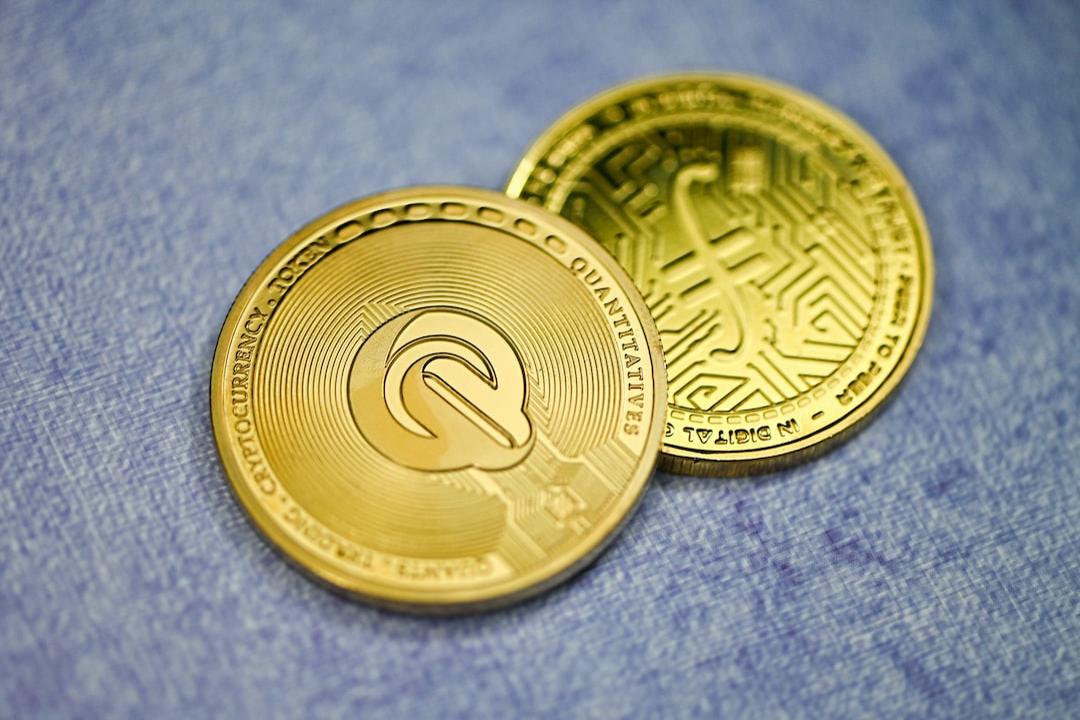The U.S. Securities and Exchange Commission (SEC) and Ripple Labs are keeping information about XRP sales and Ripple’s financial performance under wraps. The outcome of the ongoing XRP case, as well as other cryptocurrency laws, could be influenced by the U.S. House of Representatives’ vote on the Financial Innovation and Technology for the 21st Century Act (FIT21).
Both Ripple Labs and the SEC have presented their arguments in the XRP case, and the remedies phase has begun. Disagreements have arisen over the sealing of financial data from Ripple and the sales of XRP to institutional investors after the complaint was filed.
The final decision of Judge Torres, expected after the ruling on sealing the information, is eagerly awaited by all parties involved. Experts believe that the ruling may come earlier than expected, possibly in the third quarter of 2024.
The FIT21 Act, recently voted on by the U.S. House of Representatives, is a significant step towards establishing a regulatory framework for digital asset issuance and exchange. It aims to define the jurisdictions of the SEC and the Commodity Futures Trading Commission (CFTC) in regulating the U.S. cryptocurrency sector.
If the cryptocurrency bill becomes law, major players like Coinbase and Binance, as well as other ongoing litigation, will be affected. It has been noted that Judge Torres’ summary ruling in July 2023 had a significant impact on the architecture of the crypto bill, which could have implications for the XRP litigation.
Interestingly, a provision of the crypto bill supports Judge Torres’ conclusion that XRP is not a security. According to the bill, a digital asset transferred or sold under an investment agreement is not automatically considered a security.
Addressing rumors about the decentralization of XRP under the new rules, lawyer Bill Morgan stated that the legislation is not retrospective. Since the court has already determined that XRP is not a security, the SEC has decided not to appeal the ruling.
Ripple has requested to hide certain evidence from the public, but the SEC has objected, arguing that the redaction requests will conceal important information. This information, which includes details about Ripple’s assets, sales, income, expenses, and discounts for institutional investors, is crucial for court rulings and public understanding of the case.
While Ripple argues that it should only be liable for civil penalties up to $10 million, the SEC is seeking a total of $2 billion in charges. However, the final amount is likely to be lower, as courts have historically rejected the initial demands of either party.
At the time of writing, XRP was valued at around $0.535, experiencing a slight decrease of 0.48% over the previous day. Despite this minor decline, XRP has seen a 4.03% increase in the past week, indicating a bullish trend. Following Coinbase’s relisting of XRP, 20 million New Yorkers can now trade the cryptocurrency.
According to Bill Morgan, Ripple is likely to succeed in its request to seal certain information. However, he emphasized that although the SEC is seeking a permanent injunction to halt ODL sales, none of the reduced sales to institutions were ODL contracts.
Subscribe to Updates
Get the latest creative news from FooBar about art, design and business.


